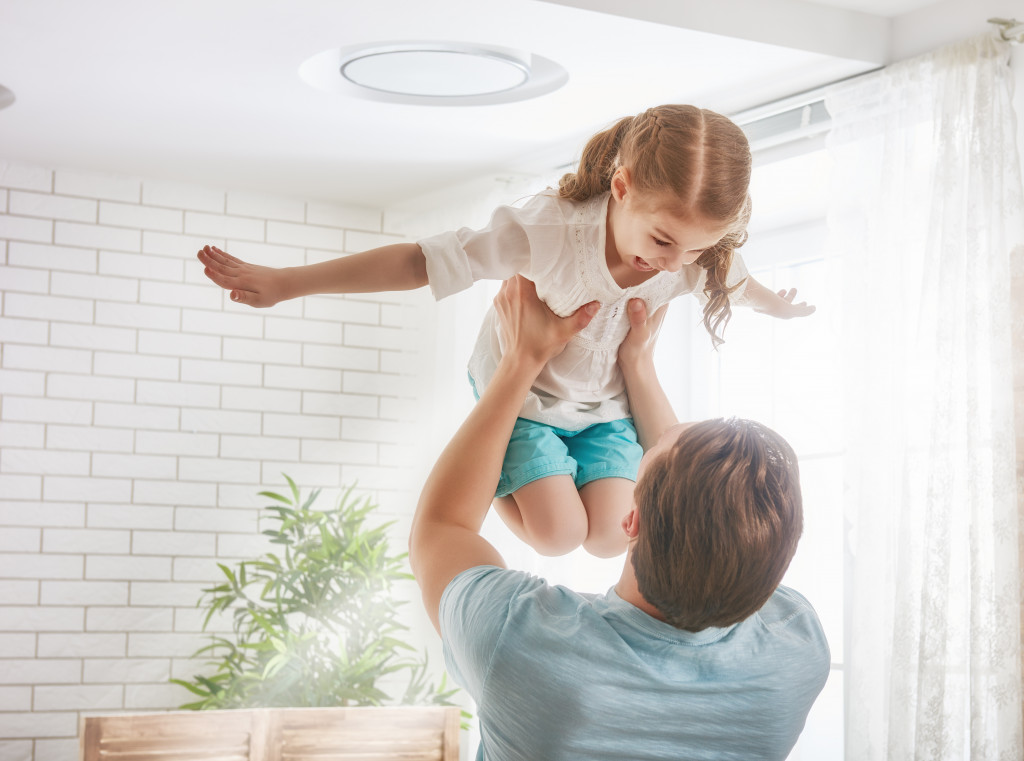Firearm-related injuries are one of the causes of death among children, but adults don’t realize that they can prevent these problems. Millions of children in the U.S. live in homes with unlocked, loaded guns. What’s dangerous about that? Thousands of children get injured or killed by firearms annually. Many of them are preventable.
Both caregivers and parents can take these simple steps to minimize the chances of an accident-related injury in school or at home:
-
Keep Them Out of Reach of Children
If owning a gun isn’t necessary, don’t buy one. Many related injuries result from a child discovering an unlocked, loaded firearm at home. Your child wouldn’t have the chance to find one if you didn’t bring them home. Not bringing a firearm to your home is one of the best preventive methods you can take to avoid such accidents.
-
Don’t Be Too Relaxed About Your Gun
One study shows that three out of fourteen children know where their parents hid their firearms. Then, one in three children has played with the guns in their homes without their parents ever finding out. Don’t be too relaxed. Though you think your children can’t find the hiding place, they’ll likely have an idea how to find them.
In addition, the study shows that children as young as three years old are capable and strong enough to pull the gun’s trigger. Hence, no age is too young to think about where and how to store your firearms at home securely.
-
Discuss the Matter With Other Adults
Before letting your kid visit a friend’s house, be confident in asking the parents if they’re keeping unlocked, loaded guns. Many people who own guns don’t want to strike an open conversation about their ownership, so it’s essential to make it a habit to ask. That act will significantly save your kid from accidents.
-
Be Cautious of “Childproof” Products
Manufacturers produced innovations to make it harder for children to pull the gun’s trigger, ensuring their protection and the surrounding people. Even if they released new features, they could still put your children in danger. Even if your firearm has this feature, you should securely keep it away from their reach.

-
Gun-Safety Programs Aren’t Enough
Now, you can find numerous gun-safety training programs for children or active shooter training programs for schools. It teaches children about gun safety and storage, but they still can’t prevent children from accidentally pulling the trigger. Your child’s instincts and curiosity will likely cloud their judgment.
That will prevent them from following the lessons they’ve learned if they discover the gun. It’ll also prevent them from following instructions they learned from the programs. Your kid will have a hard time remembering what they’ve learned the moment they get a chance to play with unlocked, loaded guns.
-
Keep Them Tightly Hidden
If you think your family needs weapons for protection or get one for your hobby, make sure to secure them tightly. Your firearm has to be secured and unloaded in a locked safe or cabinet. Then, store the ammunition in a different hiding place. Keep the keys to these cabinets out of the child’s reach.
What You Can Do if You’re Keeping a Gun
If you decide to keep guns at home, remember that instructing your kids not to play with them and teaching them about gun safety will not guarantee their security. However, you can reduce the chances of them getting injured by taking the necessary steps.
If you’re keeping a gun for target shooting or hunting, make it a habit to check the safety pin. Make it’s secured at all times. You should also unload your gun before placing it on the ground because the pressure can trigger the ammunition. Don’t let your children play with them, even if they keep bugging or begging you.
Youngsters will not be able to comprehend and follow the rules you give them. Likewise, they won’t have the capability to handle a potentially lethal weapon.
Teach Them About the Media’s Portrayal
Be there for your children; make sure they get an adult’s insight that gun violence portrayed in media isn’t real. You have to remind them repeatedly that they can still hurt the people around them if they play with the gun. Though media tend to romanticize guns, you have to teach your children that these firearms are extremely dangerous.
You’re responsible for teaching your children never to play with weapons. You also have to constantly educate them about how they can ask other adults for help if they think a person is carrying a gun with them.


